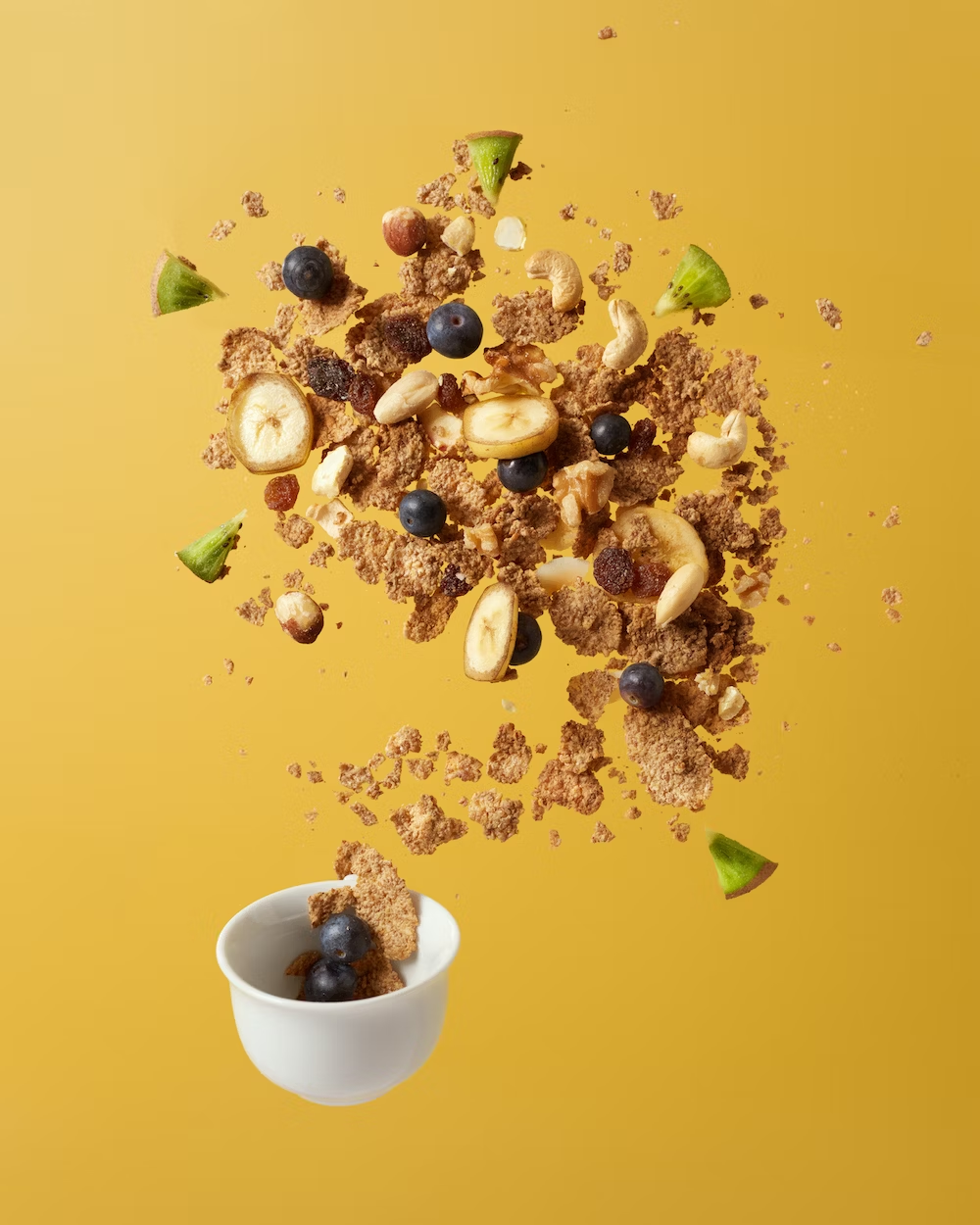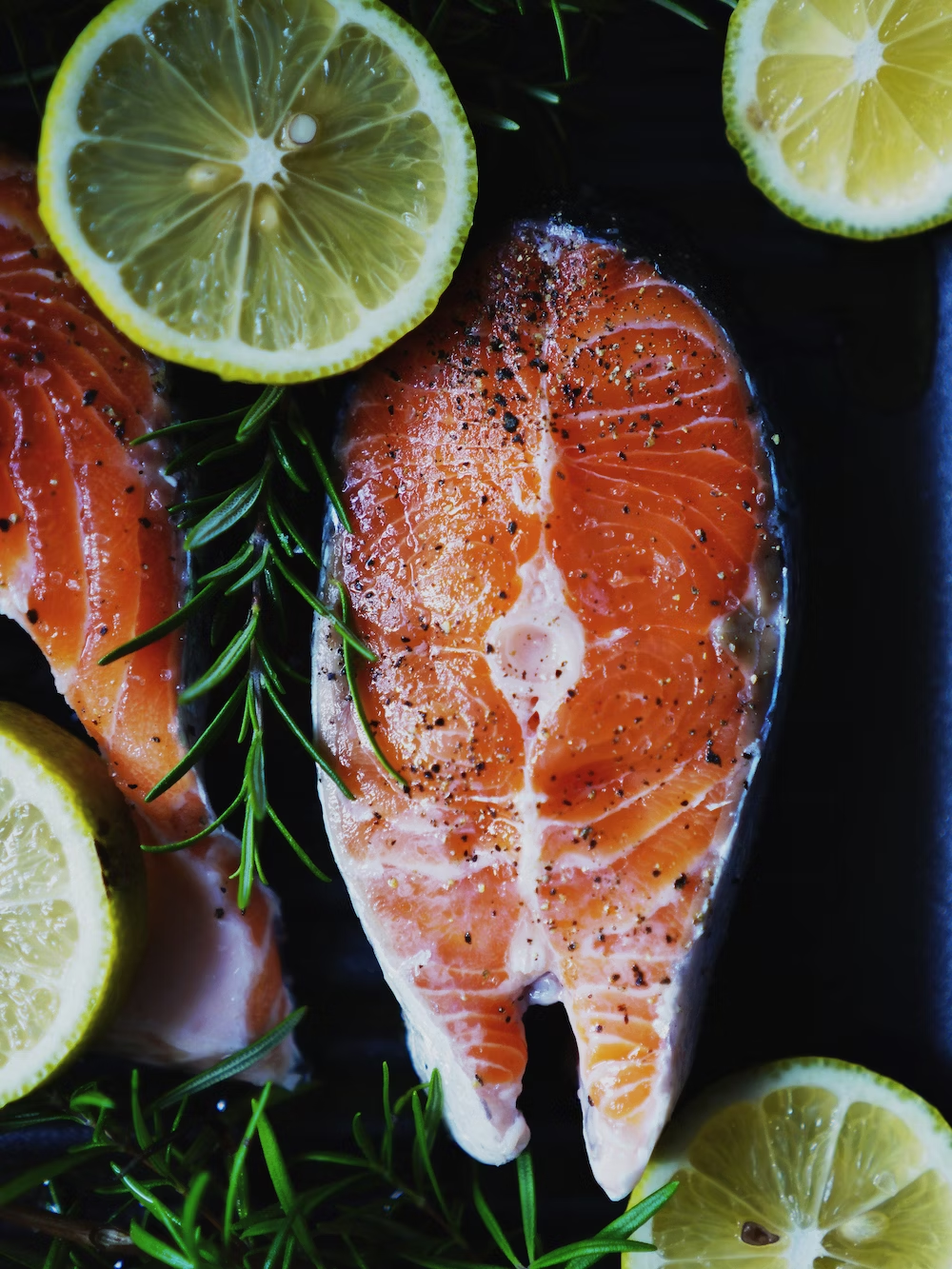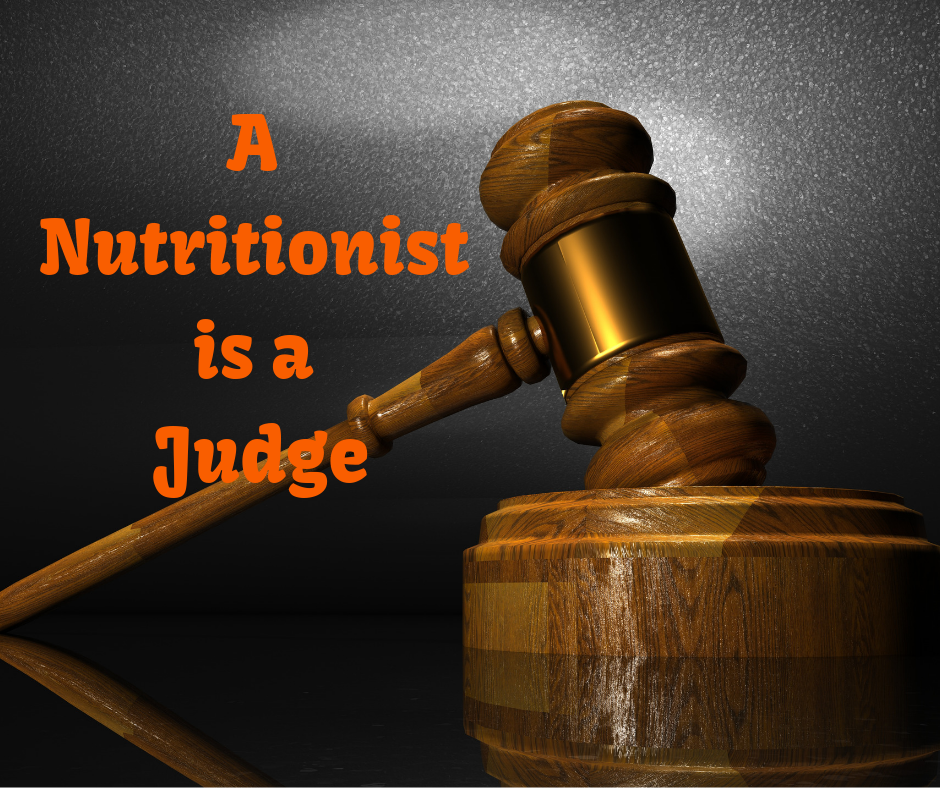National Nutrition Week: Malnutrition: A Hidden Cause of Illness

2024-02-26 08:24:34
National Nutrition Week: Malnutrition: A Hidden Cause of Illness
National Nutrition Week raises awareness about the importance of nutrition in our lives and how to combat malnutrition.
Malnutrition does not only occur in famine-stricken areas of the world. In truth, malnutrition affects urban elites living in cities due to insufficient, excessive, or unbalanced nutrient intake.
Cancer, heart disease, arthritis, and diabetes are all on the rise, and nearly all of their underlying causes, including malnutrition, are a result of today’s lifestyle. Fortunately, that is something we can regulate.
Body’s Nutrients Requirements

To function effectively, our bodies require two types of nutrients:
1] Macronutrients are protein, carbs, and fats that we require in substantial proportions.
2] Micronutrients are vitamins and minerals that we require in lesser amounts from our diet.
Too high or too low of any of these factors might throw off our nutritional balance, causing issues in the systems that rely on it.
Macronutrients Balance

Proteins are made up of amino acids, which are the building components. Some of them can’t be made by our bodies, so we have to receive them from our diet in the form of high-protein foods. They’re then used to make proteins in our bodies.
Protein-energy malnutrition is caused by a lack of protein in our diet.
This also happens on extremely low-calorie weight-loss diets, since the amino acids in the diet are utilized to provide energy rather than produce protein.
Fats are necessary for insulation, vitamin absorption, and energy, hence they are an important part of our diet. Some have specific duties as well. Omega-6 and omega-3 fatty acids, for example, are essential to control our immunological response. Inflammation is caused by too much omega-6 fatty acids and not enough omega-3 fatty acids, which is a primary cause of lifestyle diseases.
Get the proper macronutrient balance
We can consume well-balanced diets without overindulging. A typical diet is estimated to be 2000 calories per day.
Fiber-rich foods, such as whole grains, keep us fuller for longer and keep our stomachs healthy.
In addition, we should consume a lot of good fats. While saturated fats aren’t entirely harmful, for “good” cholesterol, it’s better to eat meals with more unsaturated fats. Flaxseeds, walnuts, avocadoes, and fatty fish are all high in omega-3 fatty acids.
While it’s advised that we consume 0.8 gms of protein per kg of body weight, how much we exercise each day has a big impact. Protein can be found in meats, legumes and soy. A combination of starches, grains and legumes provides all of the amino acids your body requires.
Micronutrient Balance

When someone is hooked to sugar, they tend to choose meals that are high in calories but low in micronutrients.
India is the world’s largest user of sugar. India alone accounts for about half of the world’s micronutrient-deficient population, which is unsurprising.
Vitamin D3 levels are lower in obese persons for another reason: it is a fat-soluble vitamin, which means it must be absorbed by our body’s fat in order to function. However, if there is too much fat in the diet, the vitamin is diluted.
Several lifestyle diseases involves many different factors that pinpointing exactly what’s wrong can be tough – but it’s reasonable to say that they’re tied to the nutritional nature of our diet.
Obesity, too, contributes to micronutrient malnutrition, not only because of low-nutrient food choices, but also because it is associated with chronic inflammation, which can impede the absorption of some elements like iron.
Here are a few pointers to help you avoid some of the major nutritional shortcomings we see in India:
1] B12 and D3 vitamins

Vitamin B12 is required for appropriate nervous system and blood development, which is why a deficiency can result in anemia as well as neurologic problems such as depression, memory loss, and Alzheimer’s disease.
Because meat is a key source of vitamin B12, vegetarians have consistently lower levels than non-vegetarians; instead, they can rely on dairy products and supplements. Non-vegetarians can receive plenty of B12 from fish and eggs.
Keep in mind that some antacids and antibiotics might interfere with B12 absorption; a good diet should help you prevent these problems in the first place.
2] Vitamin A

Vitamin A deficiency has an impact on our night vision, immunity, growth and development, as well as brain and reproductive function.
It goes without saying that getting enough of this vitamin in your diet is critical. Beta-carotene is a kind of carotene that our bodies use to make vitamin A. Beta-carotene is abundant in carrots, red peppers, broccoli, leafy greens, and peas, so eating more of them would be beneficial.
Carotenoids also have anti-inflammatory benefits thanks to their antioxidant characteristics. Look for red, orange, yellow, and green plant-based foods as a general rule, as these are all high in carotenoids.
3] Iodine & Iron:

In India, iron and iodine deficiency is common, resulting in problems such as goitre (thyroid gland enlargement), which can lead to other illnesses. Iron is abundant in beans and beef, while iodine is abundant in seafood, eggs, yogurt, strawberries and bananas.
4] Vit C

Vitamin C is also a powerful antioxidant that helps to prevent inflammatory illnesses. Hair and skin problems, nosebleeds, slower wound healing and bleeding gums, are all indicators of a vitamin C deficiency.
Papaya, tomatoes, broccoli, dark leafy greens and citrus fruits are all good sources of vitamin C.
In general, piperine, a component found in black pepper, aids in the absorption of nutrients from the diet. Any mineral and/or vitamin deficiency can be managed with this simple addition to your dishes.
As you can see, minor differences in our eating habits can make a big difference in our ability to live a better, happier life!
Consult an expert nutritionist on my team at +91-9743430000 who can help you understand and identify foods that works best with your body and help you achieve your health goals.
Ryan Fernando is an Award-winning celebrity Sports Nutritionist with 2GUINNESS world record and 2 Olympic medals under his belt. His client list include Olympic wrestler Sushil Kumar, cricketer Shikhar Dhawan & bollywood superstars Aamir Khan & Abhishek Bachchan. He is Chief Nutritionist at QUA Nutrition Signature Clinics.




